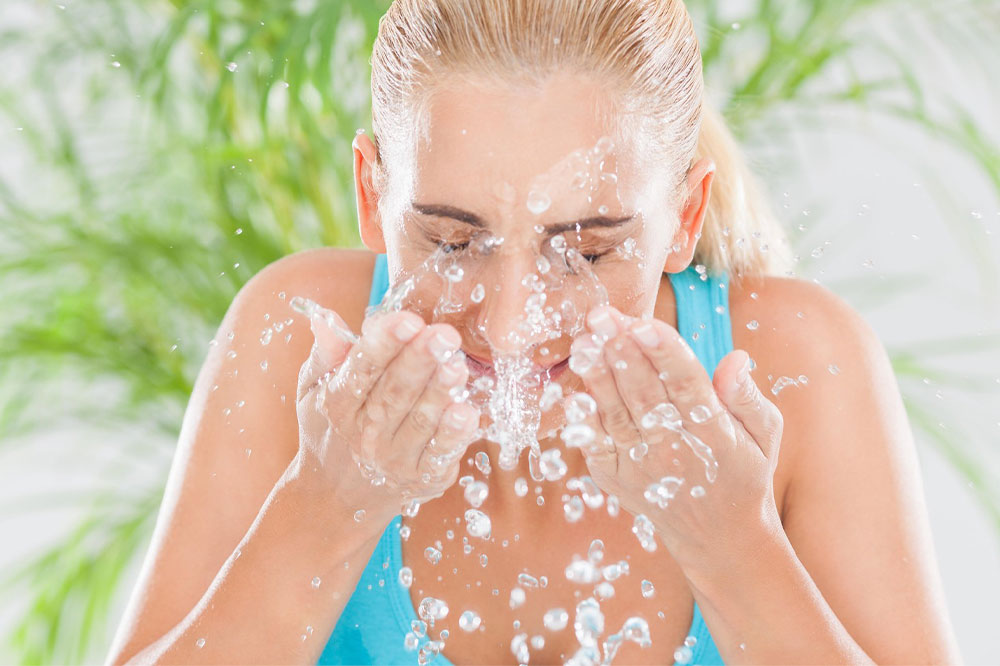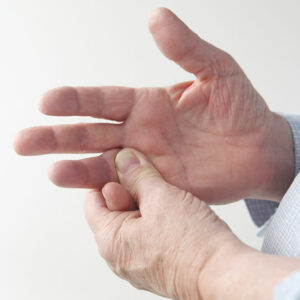8 poor habits that worsen skin health

Most people focus on skincare routines and quality products to achieve healthy and glowing skin. However, certain habits can undermine all that effort and worsen skin health. From everyday practices to lifestyle choices, these habits can exacerbate skin problems and hinder getting a healthier complexion. Thus, here are a few poor habits to note and subsequently avoid since they may prevent you from improving your skin and maintaining optimal health.
8 poor habits that worsen skin health
Eating junk food
Eating junk, oily, salty, or fried food affects skin health adversely. Highly salty foods dehydrate one’s body and compel the skin to produce more oil, leading to acne, blackheads, and whiteheads. Unhealthy fats have also been shown to trigger one’s skin. Additionally, poor nutrition can lead to rapidly aging skin, resulting in fine lines and wrinkles. One can instead eat healthier snack alternatives, including fruits, nuts, smoothies, and more, for overall health benefits.
Not taking off makeup before sleeping
Due to exposure to dirt, pollution, and the chemicals in cosmetics, the skin undergoes significant stress during the day. Retaining makeup for extended periods can result in chemical build-up, irritation, clogged pores, and breakouts. Additionally, makeup products tend to attract dirt, exacerbating the situation. Consequently, sleeping with makeup on can make it worse. To simplify the process, one can keep facial wipes or micellar water on their nightstand, eliminating the need to make a trip to the sink when feeling tired or lazy. Taking this small step can go a long way in maintaining clear and radiant skin.
Popping zits
Engaging in the habit of popping or squeezing zits can have adverse effects, as it pushes bacteria further into the pores. This action leads to inflammation and increases the risk of developing infections. Moreover, this detrimental habit can leave lasting scars on the face.
Not cleaning phones
Phones have become indispensable handheld devices in the modern world, constantly encountering dirt and bacteria as they are placed in various locations. Since our hands frequently come into contact with these devices, there is a high chance of transferring bacteria from the phone to our hands and face, which can eventually lead to skin issues. One is recommended to use antibacterial wipes to clean one’s phone regularly.
Staying up late in the night
Quality night sleep is necessary for one’s skin to recover and repair itself. Lack of sleep can interfere with this process and trigger issues such as acne or even eczema and psoriasis.
Not drinking enough water
Dehydration often causes the skin to look dull, dry, and less resilient. Additionally, the body is unable to flush out toxins from the body due to lack of water, which further affects one’s skin health, causing breakouts. To promote healthy skin, it is crucial to prioritize hydration by drinking an adequate amount of water throughout the day.
Not washing makeup brushes
Dirty makeup brushes are a breeding ground for bacteria, which can easily get transferred to one’s face and lead to clogged pores and infections. One is advised to rinse and dry these brushes at least once every two to three weeks with shampoo or wipes.
Exfoliating too much
Exfoliation removes dead skin cells, unclogs pores, and promotes a smoother and more radiant complexion. Once or twice a week of exfoliation is ideal enough for most skin types. But doing this every day can damage the skin’s outer layer and cause rashes or irritation, making it more susceptible to infections.



